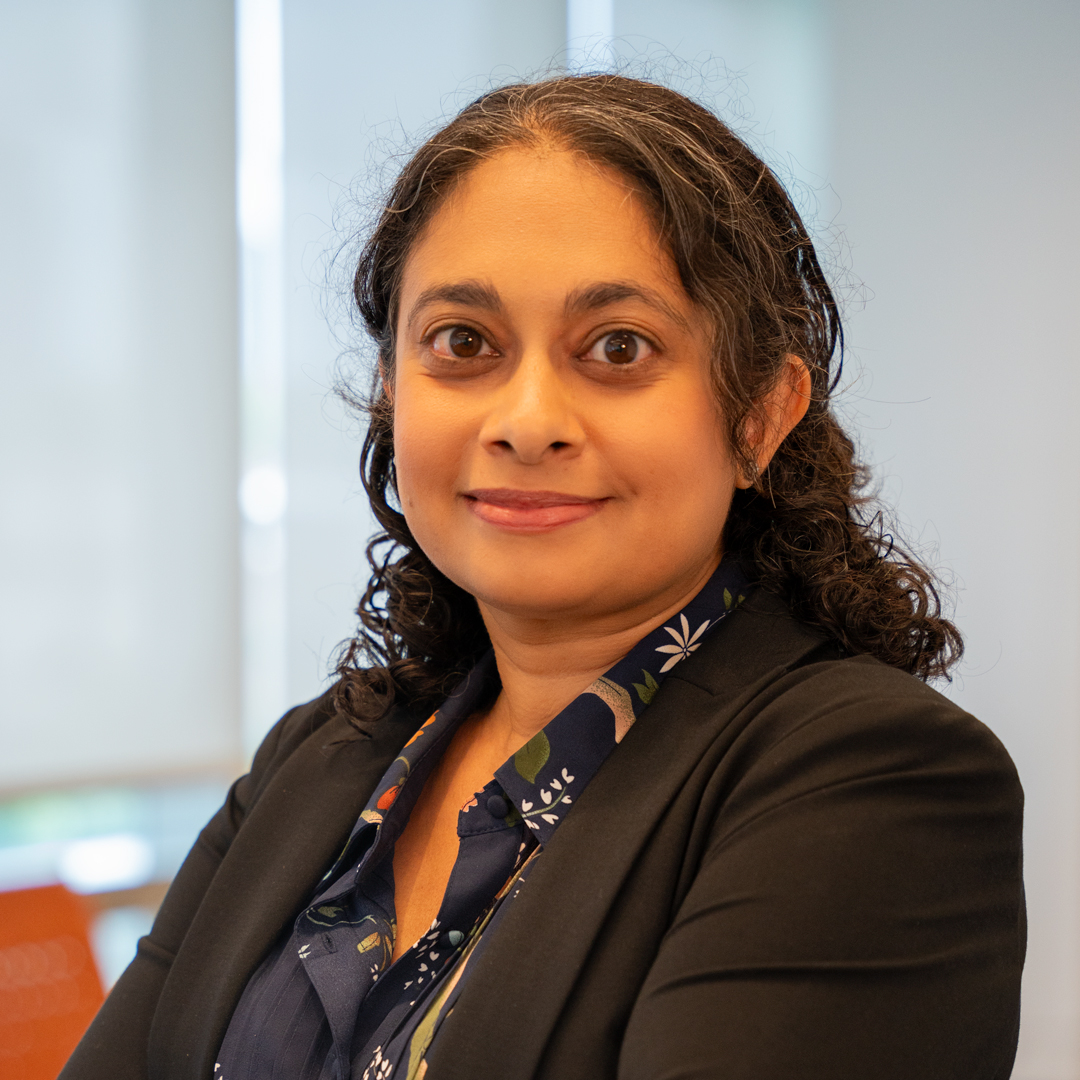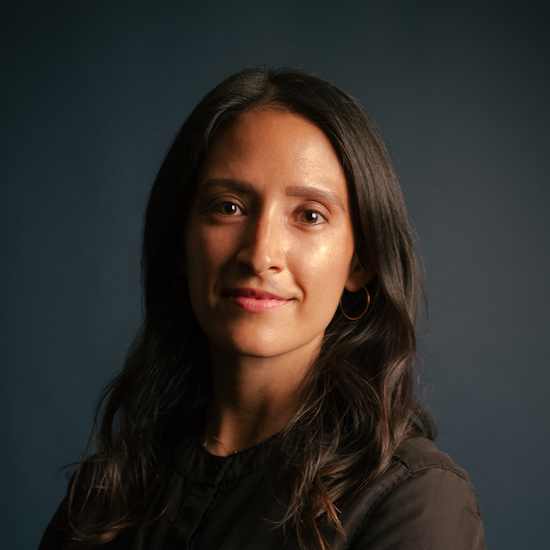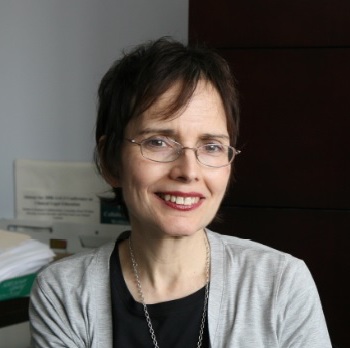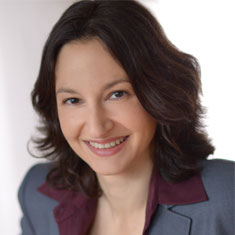Taught by a collaborative group of faculty, The Lawyering Program is supported by a dedicated staff of administrators, writing and graduate fellows, student assistants, and an ESL instructor.
Designed to prepare you for your clinical year, the Lawyering Program’s three, separate one-semester courses create a continuum spread over your first two years of study. Small class sizes, substantive individual feedback, and first-hand experience let you experiment with various lawyering techniques and styles and allow you to critically assess the impact of a lawyer’s actions.
The program culminates in a narrative evaluation of performance in six competency areas: professional responsibility, theoretic perspective, clinical judgment, communication (oral and written), legal reasoning, and management of effort.
Lawyering Seminar I – Fall
The first semester concentrates on understanding the legal system, legal reasoning, writing skills, history and structure of the legal profession, an introduction to the rules of professional conduct, and an introduction to interviewing and counseling.
Lawyering Seminar I is an introduction to law practice. Simulating the work of a lawyer from the initial client interview to a client counseling session.
Emphases are on the dimensions and competencies required of legal practice:
- the lawyer-client relationship
- the legal method
- predictive legal analysis, reasoning, and writing
- client interviewing and counseling
- problem-solving
- development of critical perspectives, professional responsibility, values, role, and identity
As you perform the professional tasks associated with the initial phase of legal representation, you will adjust to the clinical method of rigorous inquiry, thorough preparation, flexible, adaptive execution, and ongoing reflection.
Lawyering Seminar II – Spring
In the second semester, the focus of inquiry and practice shifts from predictive analysis and client counseling to persuasive writing and advocacy.
An emphasis is placed on advanced reasoning and writing skills, formulation of case theories, advanced lawyer-client relations, dispute resolution theory, negotiation, advocacy, and more in-depth examination of selected sections of the rules of professional conduct.
Simulating the work of a lawyer from negotiations with opposing counsel to pretrial oral argument and building on the skills you acquired in Lawyering Seminar I, you will learn fact development, case theory, dispute resolution, persuasive writing, and oral advocacy, at each step continuing critical analysis of the law, the legal system, the profession, and your responsibilities, values, roles, and identities as lawyers.
Lawyering Seminar III – Fall
The seminar series culminates in illustrating the ways in which lawyers work and think in particular areas of practice.
You will choose among a diversity of offerings—for example, criminal defense, international human rights, labor arbitration, or micro-enterprise—to develop further your lawyering skills. Lawyering III seminars offer opportunities for advanced legal writing and the development of existing skills as well as the acquisition of new skills in active listening, problem-solving, decision-making, self-evaluation, and ethical reasoning.
A Sample of Seminar Offerings
Taught by: Professor K. Babe Howell
In this course, students work with simulated materials to prepare, execute and critique each of the important segments of a criminal trial, and learn the important interplay of courtroom advocacy skills and legal analysis. Students will research, write, and revise a substantial brief.
Students work in pairs to prepare for and conduct two trials (as prosecutors for one trial and as defense attorneys for the other). Teams must develop a theory of the case, prepare for and conduct jury selection, deliver opening statements, prepare witnesses for direct and cross-examination, prepare and deliver or respond to a trial order of dismissal, draft and submit proposed jury instructions and deliver a closing statement.
In preparation for the simulated trials, some seminar sessions will focus on particular trial skills such as witness preparation, objections, impeachment and use of exhibits. In addition, the students will read and apply law on substantive criminal offenses, evidentiary issues, jury selection, ethical issues and use of experts. The seminar will also address ethical issues in criminal practice with particular attention given to the ABA Standards for Defense and Prosecution Functions. The teaching methods include, courtroom observations, guest lecturers, classroom discussions, peer critique, jury instruction drafting exercises, lectures and simulation exercises.
Taught by: Professor Andrea McArdle
Imagine a judicial system in which there were no judicial opinions, in which courts heard and decided cases but merely announced outcomes without committing their rationales to writing. What would we lose if we no longer had the benefit of a court’s written analysis of the reasons for its rulings? What would be the effects on the development of legal doctrine? How would litigants and their advocates gain access to the basis for judicial decision-making?
This writing-focused Lawyering seminar will address these and other questions implicated in the drafting, analysis, and use of judicial opinions. Its focus and areas of inquiry may be of particular interest and relevance to students considering judicial clerkships and internships and to students interested in advanced advocacy. Areas of inquiry will include the nature of judicial authorship, and the roles that judicial clerks play in the conceptualization and drafting of opinions; clerking and confidentiality; the audiences that judges write for, and how considerations of audience shape judicial writing; the role of empathy in judging; the lack of a consensus-based tradition (or what some would consider a privileging of the separate statement) in U.S. appellate opinions, and the issues created for courts and advocates in interpreting and using separate opinions from a single case; the function of amicus curiae briefs; the manifestation of social-justice perspectives in judicial writing; the relationship between judicial philosophy, including judicial activism, and judicial writing; framing law and using facts in opinion writing; the effect of precedent/revisiting stare decisis; the trend toward courts’ drafting “unpublished” opinions and the status of these opinions as precedent; the use of social science evidence; and identifying a judicial voice.
The course will pay close attention to the “practice” of judicial writing with assignments that include drafting a bench memo and an opinion in a pending United States Supreme Court case. Students will also hear oral arguments on the case and participate in a “bench conference” to discuss the issues, the legal standards, the evidence, and the policy implications of various possible rulings. The seminar will engage in close readings of judicial opinions illustrating key themes of the course (including notably Bush v. Gore and Planned Parenthood of Southeastern Pennsylvania v. Casey), and will analyze writing by judges and other legal scholars related to the areas of inquiry noted above. We will also analyze discourse from recent U.S. Supreme Court confirmation hearings relating to conceptions of the judicial role. In addition to taking up these issues from the perspective of judges, we will consider them from the vantage point of advocates who use judicial opinions in their own written argument, and who must anticipate, and try to influence through written argument, the way judges write opinions in the cases that they argue.
From time to time during the semester, judges will visit the seminar and discuss their approaches to opinion writing. Seminar students will also choose an additional writing project, which, with approval of the instructor and subject to availability, may include a short-term placement with a New York City-area court or administrative tribunal, during which students draft judicial writing. Alternatively, students may complete a paper/written project related to one of the themes of the seminar after approval by the instructor. Given the substantial time commitment required by the research and writing component of a judicial placement, and the need for students in placements to have greater schedule flexibility/availability, considerations in approving a judicial placement include but are not limited to a student’s academic status and course load. Students who have participated in short-term placements have worked with or for judges in the Appellate Division, First and Second Departments, Manhattan Supreme Court, Manhattan Surrogate’s Court, New York City Civil and Criminal Courts, Queens Family Court, Brooklyn Family Court, Brooklyn Supreme Court, Brooklyn Surrogate’s Court, Bronx Supreme Court, Bronx Civil Court, Queens Criminal Court, Queens Supreme Court, Westchester County Court, various federal courts in the Eastern and Southern Districts of New York, the Office of the Staff Attorney for the Second Circuit Court of Appeals, and the New York City Office of Administrative Trials and Hearings, among others. Short-term placements typically span 7-8 weeks starting in the third or fourth week of the semester.
This seminar will provide an opportunity to develop legal writing, research, close and critical reading, and analytic skills, an exposure to the workings of the courts, and a deeper analysis of strategies of advocacy drawn from insights into judges’ responses to written and oral argument.
Lawyering Program Faculty & Staff
-
Assistant Professor of LawBeena Ahmad ’10 (she/her) has been teaching with CUNY School of Law since Fall 2016. She has taught Lawyering, served as co-adviser to the CUNY Moot Court team, and worked with Pipeline to Justice. Her areas of interest include appellate advocacy, the criminal legal system, abolition, national security, policing and the surveillance state, and the First Amendment. She is a proud alumna of CUNY School of Law. View Beena Ahmad's full bio
-
Associate Professor of LawJulia Hernandez ’12 is an Associate Professor of Law at the CUNY School of Law. Julia's practice has focused on representing parents, children, and families in child welfare and immigration proceedings. She also researches and writes about pedagogy and political lawyering. Prior to joining CUNY's faculty, Julia was an attorney with Brooklyn Defender Services' Family Defense Practice where she represented parents in child neglect and abuse proceedings. Julia also worked with non-citizens fighting deportation with Catholic Migration Services where she focused on representing youth. Julia also participates in the Community Legal Resource Network where she has collaborated with community-based organizations to provide legal workshops in the areas of Family and Immigration law. View Julia Hernandez's full bio.
-
Director, Economic Justic Project and Associate Professor of LawProfessor Lu teaches first-year Lawyering and is the Director of the Economic Justice Project. She earned her J.D. magna cum laude from NYU School of Law, where she was an Arthur Garfield Hays Civil Liberties Fellow and Articles Selection Editor for the NYU Review of Law and Social Change. Prior to joining CUNY School of Law, Professor Lu was Associate Director and Acting Assistant Professor of Lawyering at the NYU School of Law. She was formerly Staff Attorney at the National Center for Law and Economic Justice, where she handled class-action litigation and policy advocacy to expand access to public benefits; Katz Fellow and Counsel at the Brennan Center for Justice at NYU School of Law, where she focused on criminal justice and child welfare reform; and Managing Law Clerk in the Chambers of the Honorable Kermit V. Lipez, U.S. Court of Appeals for the First Circuit. Professor Lu earned her B.A. summa cum laude from Harvard/Radcliffe Colleges with a degree in Women’s Studies and holds an M.A. in English Literature/Critical Theory from Sussex University. Read Lynn D. Lu's full bio.
-
Professor of LawProfessor Andrea McArdle takes an interdisciplinary approach to teaching and scholarship, holding law degrees, and a Ph.D. in American Studies. In addition to Lawyering, she teaches Land Use and Community Lawyering through an urban lens, Property, Real Estate Transactions, and seminars in judicial writing. Her published work focuses on urban land use and climate governance, pedagogy, and the intersection of law, narrative, and voice. In October 2017, she co-organized a conference at the Law School, Climate Change, Environmental Justice, and Urban Resilience: Incorporating Community Voices, that addressed community-based strategies in response to the impacts of climate injustice. Her urban scholarship has also studied the community impacts of policing, in co-edited books Uniform Behavior: Police Localism and National Politics and Zero Tolerance: Quality of Life and the New Police Brutality in New York City. Read Andrea McArdle's full bio.
-
Professor of LawSofia Yakren, Professor of Law, teaches Lawyering, Torts, and Disability Law. Professor Yakren received her B.A. from Yale College and her J.D. from Yale Law School. Prior to joining CUNY Law, she was on the faculty at American University Washington College of Law, teaching Disability Law, Mental Disability Law, and the Women and the Law Clinic, where her students represented clients facing a broad range of civil issues related to family law, public benefits, special education, and immigration. In her courses, Professor Yakren emphasized reflection, engaged client-centeredness, rigorous legal analysis, the reality and value of emotions in lawyering, and self-awareness/actualization. View Sofia Yakren's full bio.






